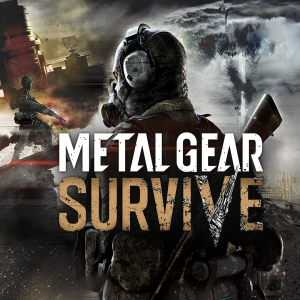Best game tips for better game progress
You’re a seasoned developer with a long history of creating compelling stoner gests. You see the benefits that always games can offer to UX creations. You like the idea of erecting an iPhone game to serve as a stint of a major demesne, a social media game for Facebook to organize a political crusade or a freestanding Flash game to educate introductory drugs on an educational website. click here on our point leads to stylish game tips. You indeed have a rough conception of what that game might be like. You may be in a position to get backing for the design within your company or to pitch the idea to an open customer. You want to start putting your ideas down on paper, get development underway, and speed toward launch. That’s a stupendous place to be. Vision and ambition for all the successfull stories first line. But there are some pitfalls to jumping in too snappily. Game development is veritably time-consuming and resource-ferocious. It can be delicate to make a significant change in direction if you discover interior through development that some of your original ideas are not rephrasing into the great gameplay experience you had in mind. So before getting started and running with it, you need a manual to point you in the right direction, steer you clear of the most common miscalculations, and maximize your chances of success. Though the challenges of erecting a pleasurable game should not be complexities, the 10 general guidelines I present then will at least help you upgrade your ideas and break through some of the common walls that could else hold back your design.
Player’s mindset while playing:

This point may sound too egregious, but it can be veritably easy to miss. And missing it’s frequently the death of a well-intentioned design. You can design games to educate and convert, but if similar real-world objects relieve meaningful gameplay, they will undermine your chances for success. Always the game should be enjoyable. The Schwab Moneywise It’s Your Life game has a noble charge to move people to save further plutocrat for withdrawal and other long-term objects. Important like the original Game of Life board game, it’s Your Life presents players with several choices between spending or saving plutocrat throughout a simulated continuance. In the end, players get a letter grade to represent how well they did. The problem is that the game’s contrivers were much more interested in forging home their communication than creating a factual game experience. However, also the right choice each step of the way is to save your plutocrat and not spend any of it if you want to win the game. Separating what people should do from what gets awarded destroys the intended communication. Indeed though Your Life is packaged as a game, it is not committed to being endured as a game. The reason testing is so important in game development is that utmost videotape games are largely dynamic gests. The inflow of events changes from moment to moment, and each decision the player makes leads to a multifariousness of issues.


